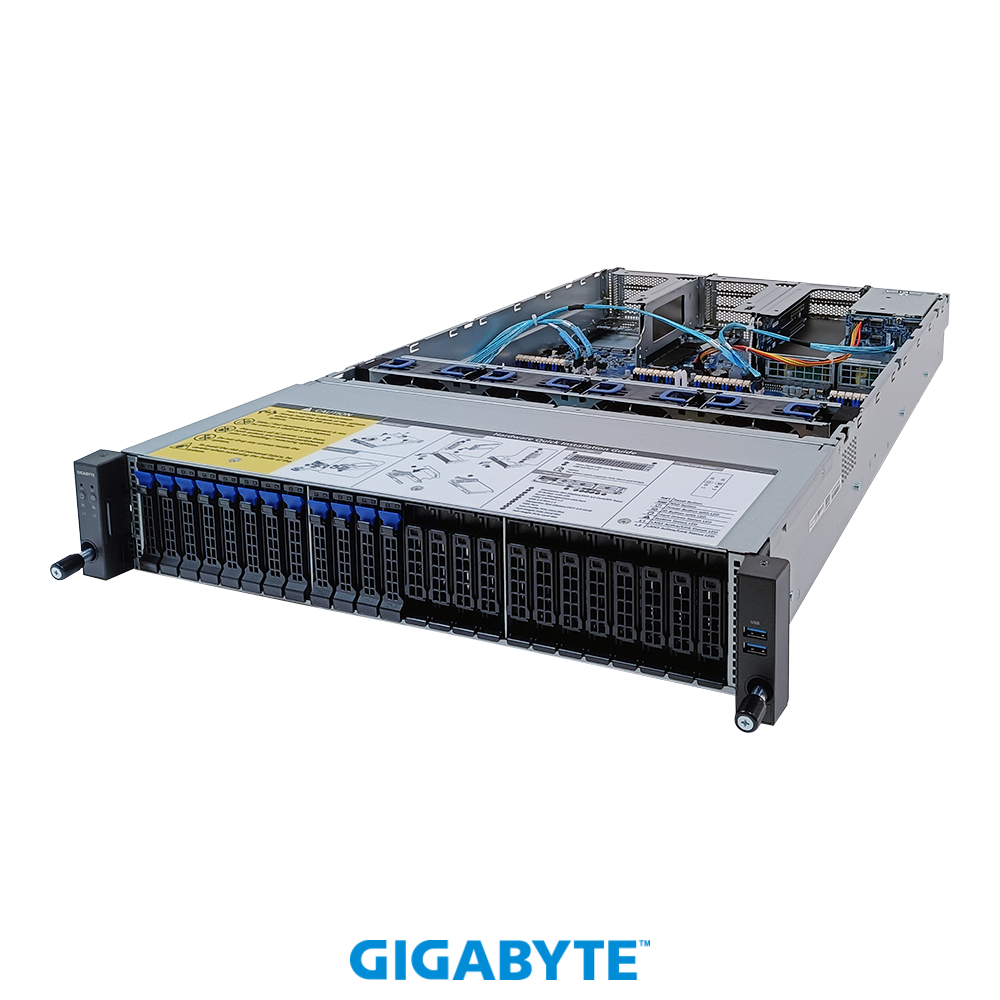
Choosing the right server processor can help your system run better and faster. Whether you’re building a server for web hosting, cloud storage, video editing, or large databases, the processor you pick makes a big impact.
One popular option is the AMD server CPU, known for its strong performance, reliability, and value.
Understand Your Workload First:
Before picking a CPU, think about what your server will be doing most of the time. Light tasks like running websites or handling small databases don’t need the most powerful chip. On the other hand, if your server will handle large numbers of users, heavy software, or data processing, you’ll want a CPU with more cores and threads. More cores allow the server to handle more tasks at once.
Look at the EPYC Series:
AMD’s EPYC series is designed for servers and offers many models to choose from. Some EPYC chips focus on high speed with fewer cores, while others offer a larger number of cores for handling many jobs at once. For example, if your server is for virtual machines or cloud computing, a model with higher core count can help. If it’s for single tasks like running one big app, a higher clock speed may be better.
Think About Power and Heat:
Server rooms often have many machines running together, so it helps to pick a CPU that manages power well. AMD server CPUs are built to give good performance without using too much energy. This helps save on power bills and keeps the system cooler, which is better for long-term use. If your server is in a smaller space or has limited cooling, this becomes even more important.
Match with the Right Motherboard:
The CPU needs to work with the right type of motherboard. AMD EPYC processors use special sockets like SP3 or SP5, depending on the generation. Make sure the board you choose supports the chip you want. Some boards also offer extra features like faster memory support or more PCIe lanes, which can help in certain tasks like storage or networking.
Not every server needs the same kind of power. Picking the right amd server cpu depends on what you need your system to do each day. By understanding your workload and checking the specs that match it, you can build a server that runs smoothly and supports your goals, whether they’re big or small.